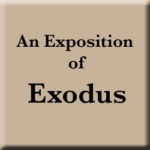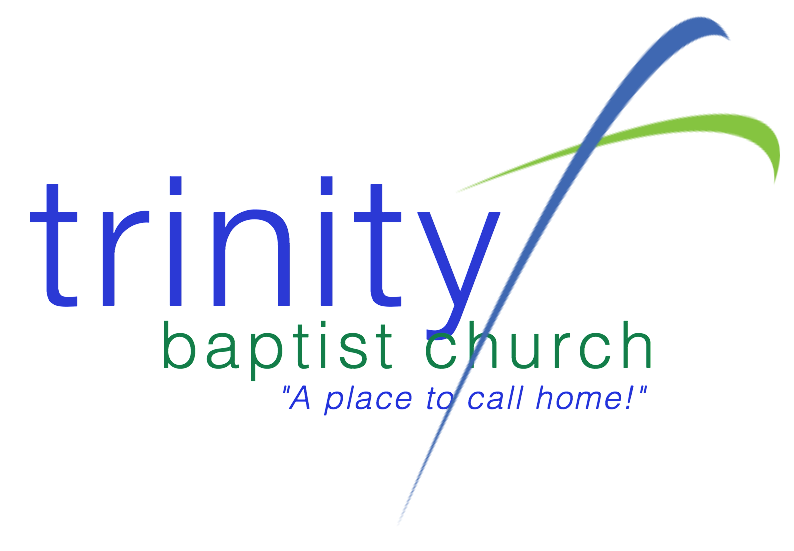
This exposition of Exodus 13:17-14:14 by Pastor Rod Harris was delivered at Trinity Baptist Church on Sunday morning, October 14, 2018.
Intro:
Central to a great story is great characters. Whether you’re floating on a raft down the mighty Mississippi with Huck Finn and old Jim or sailing with captain Ahab in search of the elusive great white, Moby Dick. Characters carry you along and keep you engaged with the story. The story we’ve been following is no exception.
[sections collapse="always"][section title="Read More"]
Early on we met those two courageous midwives Shiphrah and Puah who dared to defy the command of the most powerful man on earth. Then there was Jochebed the loving, courageous mother who hid her infant son as long as so could then placed her child and her heart in that basket adrift in the Nile trusting that somehow God would intervene. Of course there is Moses, the reluctant leader and Aaron the well-spoken brother going up against the hot-tempered and tantrum-throwing king of Egypt. But, by far, the most fascinating character in our story is Yahweh, the God of the Hebrews. A God who reveals himself as a God who hears the cries of the His people. A God who speaks. A God who judges His enemies, a God who rescues, a God of mercy and grace. A God who is the central figure in this unfolding drama. The story behind the story being, God is sovereignly at work saving a special people for His own glory. Our text this morning is found in Exodus chapters 13 and 14.
Text: Exodus 13:17-14:14
Pharaoh and the nation of Egypt have endured 10 devastating plagues.
Blow after blow declaring, “I, Yahweh, am God.”
God was demonstrating his claim over the whole world.
I am Lord of all, including you o king.
Pharaoh stubbornly dug in following each plague, refusing to yield.
After the death of the firstborn, he said, “Go, get, out!”
Our text picks up where 12:39 left off.
In between is the establishment of the Feast of Unleavened Bread, Passover and the consecration of the firstborn. Those vivid reminders given to the people of God lest they forget what God has done.
Israel has plundered the Egyptians and now they are on their way out of Egypt.
[Read Text]
As we work our way through this text we are reminded that…
Thesis: Scripture is the revelation of God therefore when you read Scripture you need to see Him as the central figure and the focus of Divine revelation.
To say that Scripture is the revelation of God is not merely to say that He is the author of Scripture or that He is the one revealing the truth but that He is the one being revealed. Scripture is about Him. This is God saying, “This is who I am.”
Exodus 1-13 is the record of how God came to his people in their distress.
Exodus 13-18 is the record of how God went with his people on their pilgrimage.
God heard their cries, He has delivered them and now He becomes their companion.
Specifically our text is about the time immediately surrounding their exit from Egypt.
There are two revelations I want to point out from this text.
- Our God reveals himself as a trustworthy guide who leads His people faithfully and personally. (13:17-22)
•He knows what He is doing - 17-18
•He is faithful - 19
•He is present - 20-22 - Our God reveals himself as a God who delivers with a strong arm and is worthy of all glory and honor. (14:1-14)
•The perfect trap - 1-4
•A foolish response - 5-9
•An invaluable lesson - 10-14
Conclusion:
Scripture is the revelation of God therefore when you read Scripture you need to see Him as the central figure and the focus of Divine revelation.
And what does it reveal about our God in this text?
He is a trustworthy guide who leads us faithfully and personally.
He is a God who delivers with a strong arm and is worthy of all glory and honor.
[/section][/sections]
